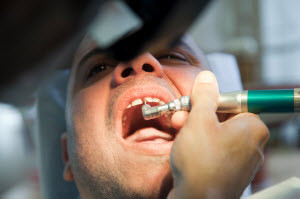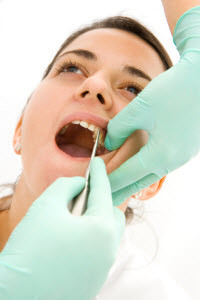 A pediatric dental emergency can occur at any time, with or without the presence of any symptoms. It can be scary for both parents and their children. This is especially true if the tooth is fractured or completely broken. Handling a pediatric dental emergency can protect the child’s dental health.
A pediatric dental emergency can occur at any time, with or without the presence of any symptoms. It can be scary for both parents and their children. This is especially true if the tooth is fractured or completely broken. Handling a pediatric dental emergency can protect the child’s dental health.
What Are Typical Pediatric Dental Emergencies?
Typical pediatric dental emergencies include a tooth fracture, knocked out teeth, infected baby tooth, persistent toothache, and dental intrusion.
1. Tooth Fracture
A fracture in the tooth affects the main function of the tooth. It can cause an unusual feeling and discomfort in the child’s mouth. It can, therefore, reduce the child’s ability to chew and eat. The child may feel pain when chewing. So, if a child complains of severe tooth pain, it is best to take the child for a dental x-ray.
2. Knocked Out Tooth
A knocked out tooth, or dental avulsion, happens when a tooth is completely knocked out of the child’s mouth. Injuries and accidents can knock out a tooth. The child can lose a baby tooth or even a permanent tooth. If a baby’s tooth is completely knocked out during an accident, it requires immediate dental attention.
3. Infected Baby Tooth
A baby tooth can become infected due to an issue with the root of the baby tooth or poor oral hygiene. A bacterial infection, for example, can cause damage to the baby’s teeth and supporting gums. If left untreated, the infection could spread to other parts of the child’s body.
4. Persistent Toothache
Tooth infection, tooth decay, and dental injury are the most common causes of persistent toothache. A severe toothache can make it difficult for the child to speak, eat, and even sleep.
Pain medications make the child’s pain less severe. It is, however, wise to let a pediatric dentist examine the child’s mouth and treat the underlying cause of the persistent toothache.
5. Dental Intrusion
A dental intrusion occurs when a baby tooth or permanent tooth is pushed into the gumline or jawbone. The tooth will appear shorter than the neighboring teeth.
Children are mostly affected by dental intrusion. This is because the child’s alveolar bones are not as hard as those of an adult.
Conclusion
Regular dental checkups can help prevent these pediatric dental emergencies and protect the child’s teeth and jaw. It is very expensive to replace a lost tooth.
Pediatric dental emergencies can affect the child’s development and ability to speak, eat, and concentrate in school. So, parents should not put off taking their children to see a pediatric dentist.
If a parent takes their child to see a pediatric dentist in Albuquerque as early as possible, the dentist is more likely to save their child’s tooth.








